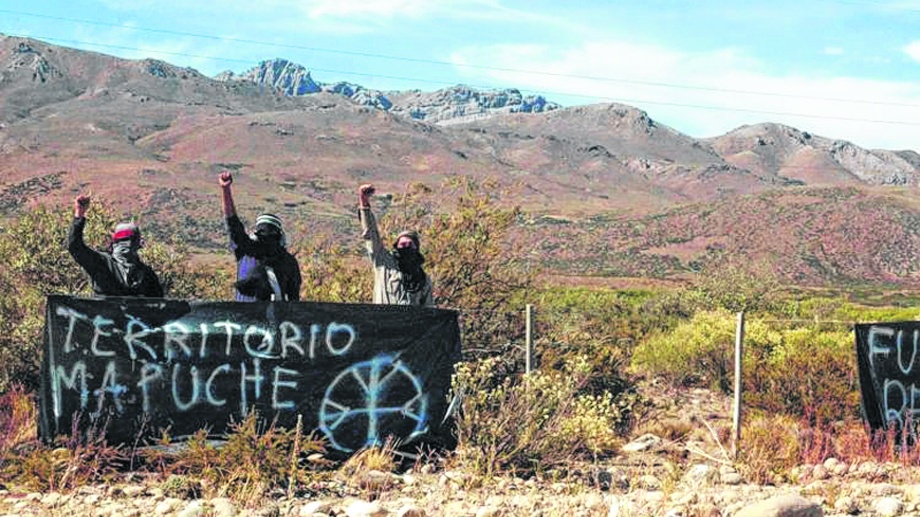RIO DE JANEIRO, BRAZIL – Argentina’s Security Minister, Anibal Fernandez, has rejected Monday that the increase of tensions in Rio Negro, where several arson attacks have been registered in the framework of the historic territorial claim of a Mapuche community, are “terrorist attacks” while assuring that Justice will hold accountable those responsible.
The President of Argentina, Alberto Fernández, announced at the end of last week the deployment of Gendarmerie, Prefecture, Federal Police and Airport Security Police forces in Rio Negro, at the request of the governor, Arabela Carreras.
Read also: Check out our coverage on Argentina
“They want to frame it in a situation of these characteristics to take political advantage, but they do a disservice to the republic when they discuss things that are not serious,” said Fernández in a radio interview, reported by the Télam news agency.

“I am respectful of the Mapuche people, who are not the ones behind this issue,” added the Argentine minister, who pointed to the presence of “a group that we do not even know if they are descendants of the Mapuche people, and they have to be analyzed, investigated and judged.”
However, he declined to call those responsible for the increase of tensions in Rio Negro “criminals” and insisted that the Argentine judicial system would have to judge them. “If a court finds them responsible for the crime, the day we have them, we will see who they are and let the court judge and punish them,” he indicated.
The Mapuche community Lof Quemquemtrew, located in Rio Negro, in the south of the country, has blamed the security forces and accused the agents of “violating the territory and members of the community” amid an upturn in tensions over the historic territorial claim.
In recent weeks, activists and community members have been denouncing an increase in repression by provincial authorities in an attempt to seize their territory, as warned by the Permanent Assembly for Human Rights (APDH).

